Tool Talk
What are some of the tools that scientists use to answer questions through their research? In our Tool Talk series, we explain some of the common methods and technologies scientists are using to conduct ACER research.
Tool Talk: Stable Isotopes
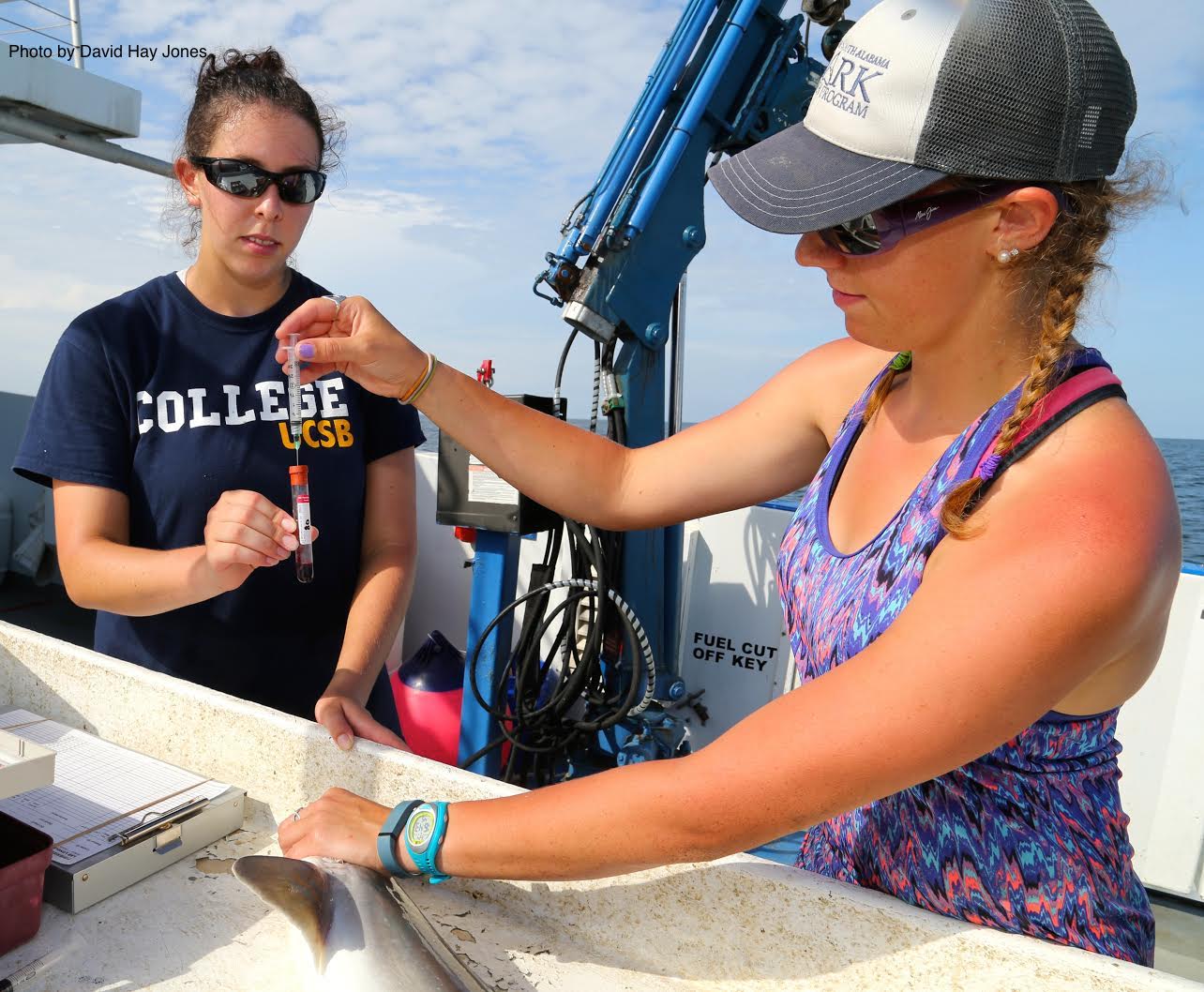
Have you ever looked at the stomach contents of a shark and wondered “What has this shark been eating?” Yes, you could sit there and sort through the contents and hope that there’s enough of the “leftovers” to identify them. But did you know that scientists can also learn a good bit about sharks eating habits without having to sort through the stomach contents? In fact, from this alternative method the shark or other marine organism can even swim away afterwards. It’s called stable isotope analysis and it’s the topic for our latest Tool Talk.
Tool Talk: Bottom trawling and longlining
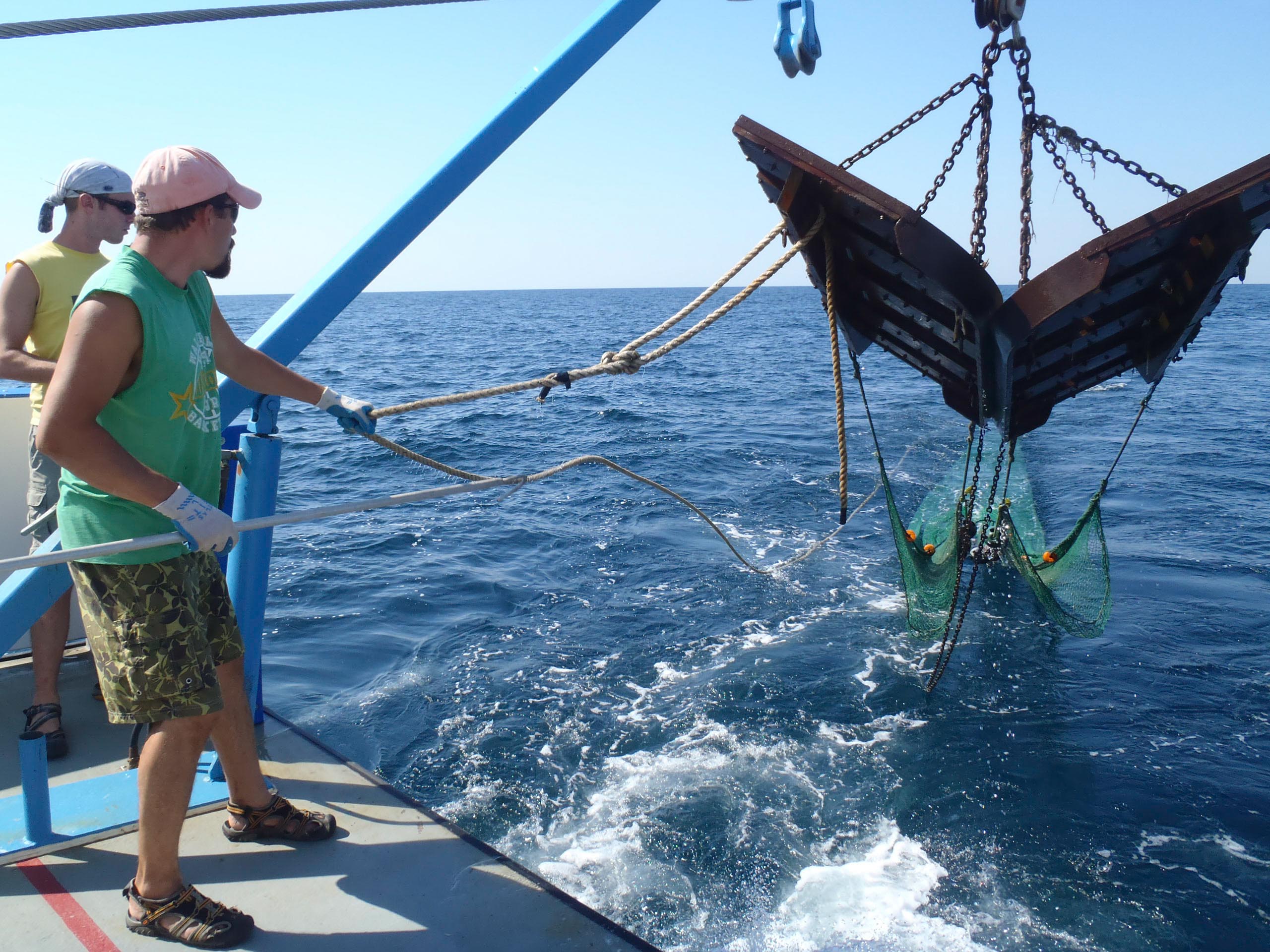
Ever wondered how scientists estimate the stock size of our fisheries? Obviously, there’s no way they can catch and count every fish in the ocean so they’ve had to come up with other ways of estimating the numbers of individuals in the ocean. This process is called surveying.
Tool Talk: SCAT maps
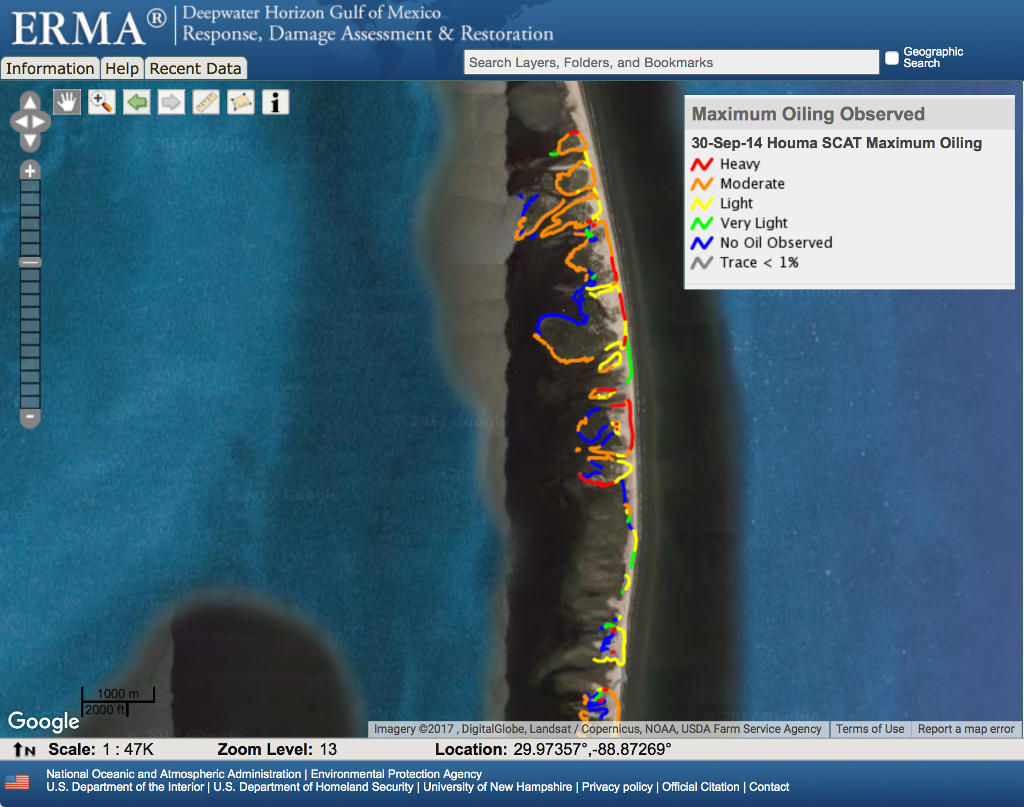
Despite media reports immediately after the oil spill, the entire northern Gulf coast was not coated in oil. Some areas received heavy oiling, while others received little or no oil cover. In trying to assess the impacts of oil on coastal habitats, scientists need to know which areas were oiled. How do they know this? The answer is a SCAT map.
Tool Talk: A SNPet of understanding
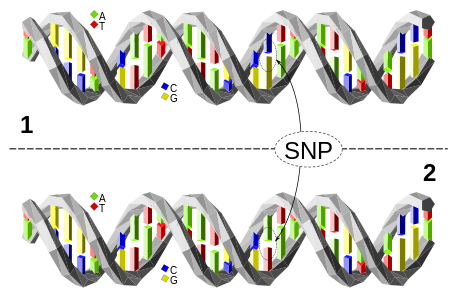
ACER scientists are looking at the role that genetic diversity played in determining the response of coastal plant and animal species to the oil spill. How do they know individual plants or animals are genetically different? We have chatted previously about gene sequencing, but another technique they can use is SNP analysis.
Tool Talk: Mass Spectrometer
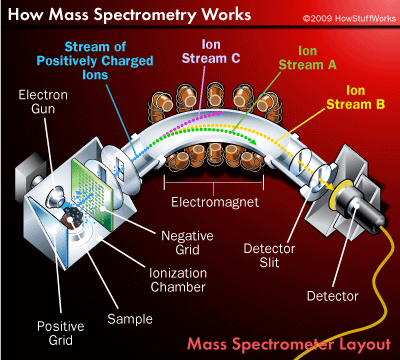
Have you ever wondered how they know what the atmosphere on Mars is made of? Did you ever doubt the nutritional information on the packaging of your favorite snack? If so, the tool that you would need to answer these questions is a mass spectrometer. Today’s blog provides a brief introduction to this tool, how they work and how ACER’s researchers are using it.
Tool Talk: WAF
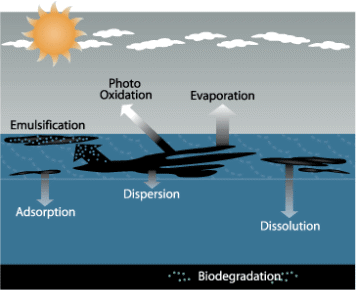
When ACER scientists designed their mesocosm experiments, they had to decide what kind of oil, or oily constituents to use. Was crude oil more appropriate to use to answer their questions, or weathered oil? What about water that came in contact with the oil? What toxins leach into the surrounding water? In this installment of Tool Talk, we examine WAF, or the water accommodated fraction.
Tool Talk: Gene Sequencing
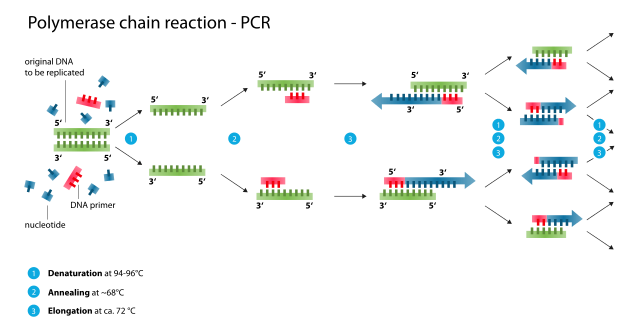
Remember back in high school biology when you studied genetics and learned about DNA, nucleotides and gene sequencing? Join us for this week’s Tool Talk as we clear away the cobwebs on gene sequencing and learn how ACER scientists are using this process to study the microbial community composition.
Tool Talk: Suction Sampler
How do you collect macrofauna? Well, that depends on where and why you are collecting these organisms…
Lights, camera and action - all in one instrument: The FlowCAM
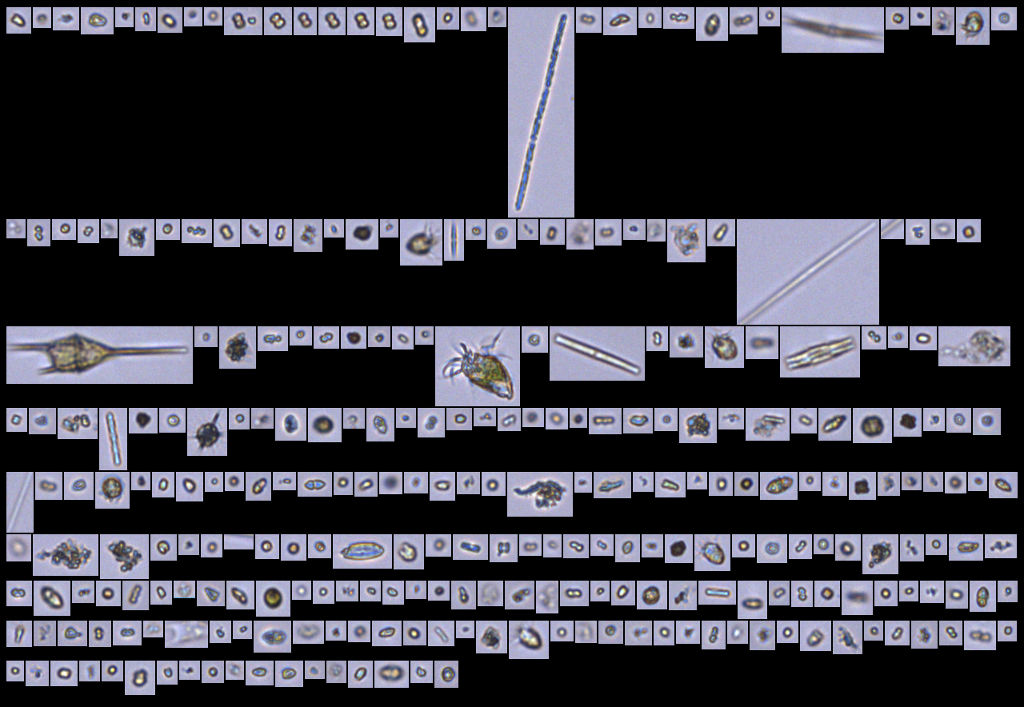
Are the laborious days of sitting behind a microscope gone? Perhaps for plankton ecologists they are….
Tool Talk: Simulating the Tide
When testing ideas with experiments, scientists have to balance control and realism.
Tool Talk: What is a mesocosm?
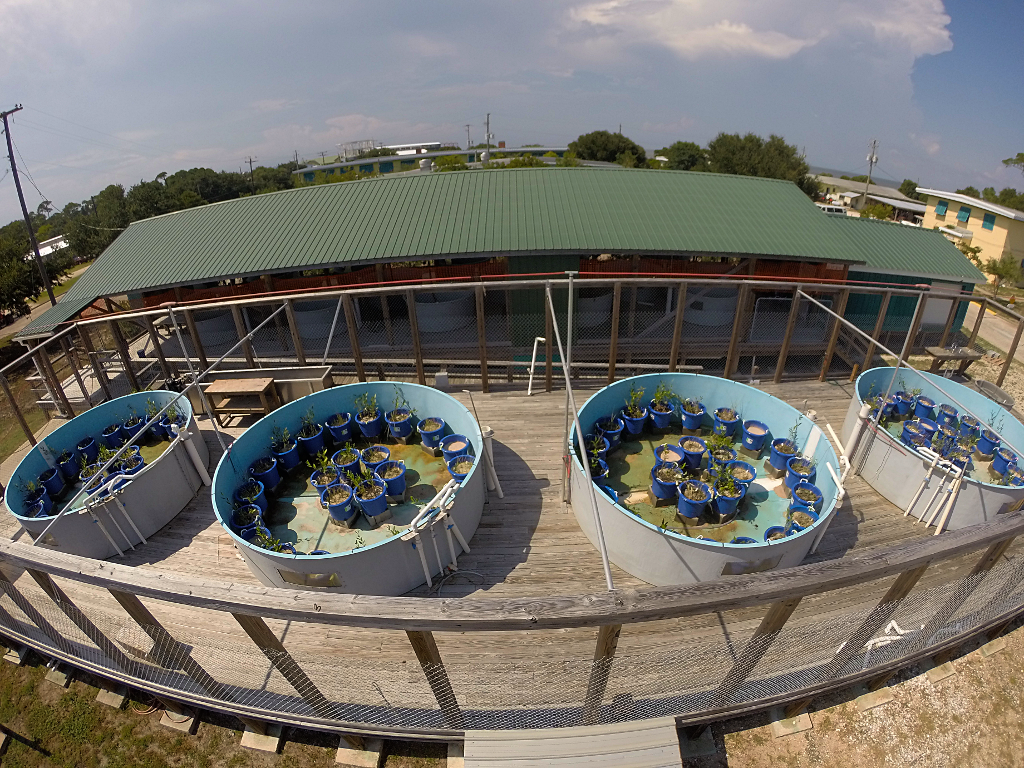
What are some of the tools that scientists use to answer questions through their research? In our Tool Talk series, we explain some of the common methods and technologies scientists are using to conduct ACER research. This week we look at What is a mesocosm?
You may have heard of the cosmos and maybe even a microcosm, and you may guess that meso means middle, so you might guess it’s something between the two…









